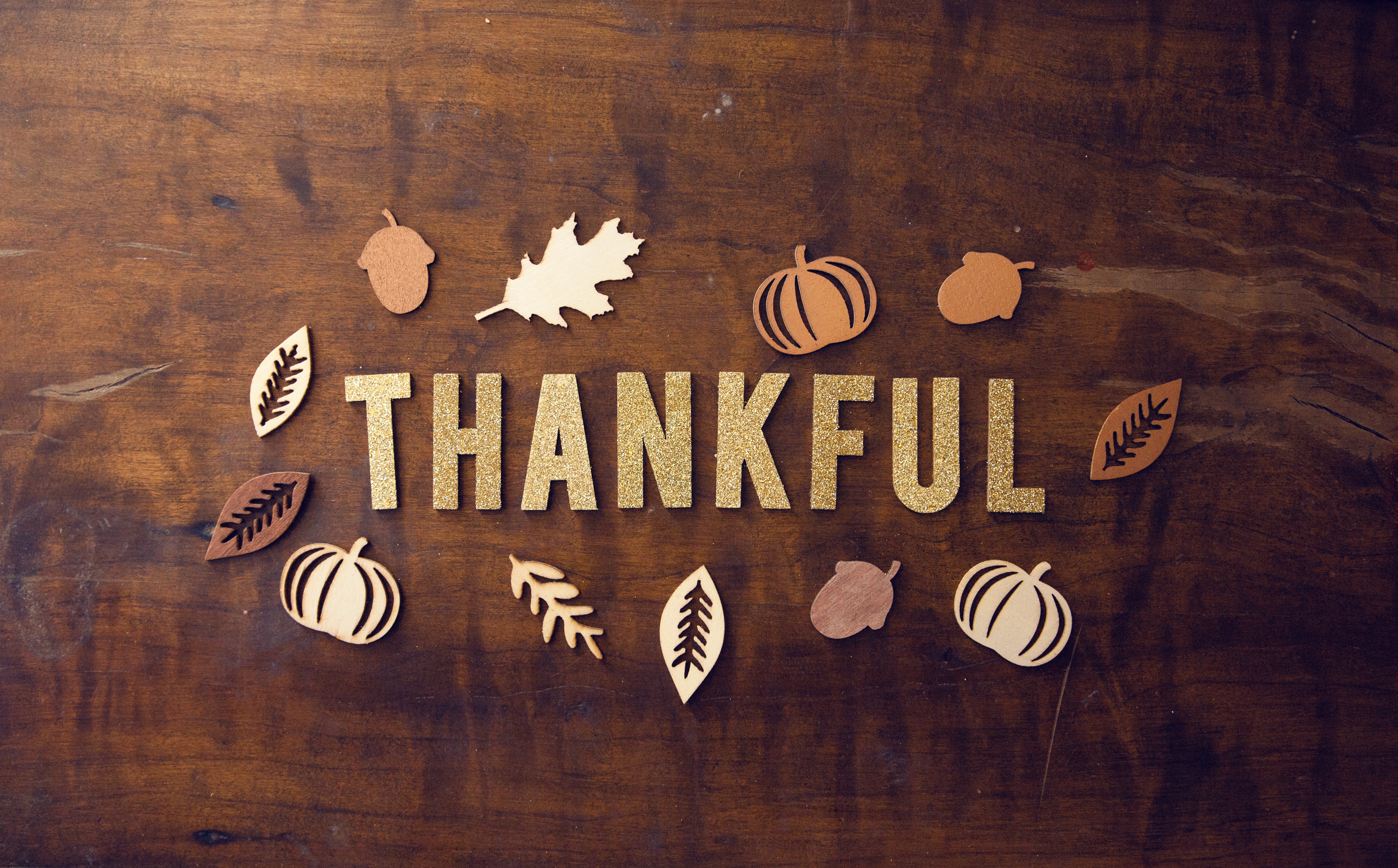Boundaries vs. Limits
Last time, we looked at boundaries—how we all have them because boundaries basically mark where you end and I begin.
When a person has rigid boundaries, they can be perceived as being closed tightly, inflexible, impermeable. You can’t “get in.” Someone with rigid boundaries may have a mindset that can’t be changed—no way, no how. They set limits that don’t even let you open the gate, much less enter their Home-Life. They are hard to get to know, have that sort of “stiff upper lip,” may come across as harsh and unyielding or as the diva, whose every desire should be your command.
The person with loose boundaries can be too open and over-sharing, too flexible, making an attempt at setting limits a free-for-all. It is quite common that people who are highly sensitive to their environments—the empaths, the highly perceptive people—often need to strengthen their boundaries, as it is too easy for other “stuff” to get in. Too much flexibility or looseness causes its own problems with assuming too much responsibility for another or expecting it of someone else.
Boundaries are the healthiest and function most easily when they are clear for both of us. I know when you don’t want me anywhere near your “stuff,” and you can discern the same with me. We each have a pretty good idea of when the other is needing—and accepting—of our help, company, or support. I may wish I could be different way with you now, but I can read and respect that that is not what you want or will accept that right now. And we respect when those roles are reversed.
How you know it is Boundary Tune-Up Time and you need to set better, clearer limits…
How do you know when your own boundaries are not clear and you have gotten too caught up in others’ meshugas?
Well, a really good indicator is when you feel…
Resentment
Resentment is an excellent messenger in keeping you clear, coherent, healthy and happy. It is only a problem if you notice its presence and you ignore it.
Resentment is an indicator that you have said yes to something you really didn’t want to do, that you stretched yourself too far, that you have wandered into the territory of a little—or a lot of—martyrdom. Resentment also lets you know that you have been trying to be helpful but the other person won’t let you in, won’t let you help.
And you know how resentment operates. You may be doing the thing anyway, and you are grumpy, annoyed, you have little patience, exasperated, bitter, passive-aggressive, irritated, and you definitely are carrying a grudge.
How might you notice the warning signs of resentment?
Our bodies generally produce the first indicators that the boundaries need some clean-up. The sensations in our bodies give rise to those emotions that fall under the category of resentment.
So this is where developing a practice of tracking the sensations in your body is really helpful.
Otherwise, you may be missing those early signals, such as:
- That lump in your throat
- Sickly heaviness or tightening in your stomach
- Your mouth corners going down and your upper lip raising up a little, like you just smelled something bad
- Your eyes squinching up instead of smiling freely
- Tight jaw
- Clenched teeth
- Tired and sleepy
- Heaviness in your body
- Tightness or slackness in your muscles
Any of this feel familiar to you?
Your Resentment Scan
Since catching the early warning signs is vital to tuning up your awareness of the boundaries between the other person and you, try this right now to see how YOUR body reacts when resentment is activated:
- Think of something you have said “Yes” to when you really didn’t want to do it. Really get that experience present here.
- Now scan your body. Check out the overall sense AND the specific regions of your body.
Notice whatever it happening. It might be obvious, and it might be subtle.
Give particular time and attention to the following areas of your body:
Forehead
Jaw
Throat
Shoulders
Breathing
Heart/Chest
Midway between chest and gut (so where your liver, kidneys, adrenals, pancreas, liver, spleen, gallbladder, etc. are)
Stomach
Belly and intestines
Arms
Hands
Legs
Feet
What jumps out at you?
What is more subtle, but still you feel something?
Definitely you want to pay attention to what in your body is calling for your attention.
When you can really notice the subtle somatic experience, you can use that information to respond quicker in a healthier way that will ultimately be easier on your body and your life, and frankly your relationships too. It will be honest. You will find you live from more integrity.
All from respecting the information provided by resentment.
If you put words to these sensations, what would they be telling you—whether you like it or not?
Now, Setting Better Limits
What actions could you take where your body would relax into a sigh of relief?
SO…Your Mission…Should You Decide to Accept It…
Pay attention in the coming week to the teeny indicators of a wee bit of resentment as well as the big “I really resent this” ones.
Be curious as to the effect you feel of both overriding the awareness of resentment as well as using it to decide what to do.
And please share your discoveries here! You can’t even imagine how much of a gift of an “A-hah—I recognize that in my own body!” your experiences may provide for another!
Comment:
How are you doing at using Resentment to keep yourself clean and clear? Let me know below.
P.S. Here’s another remedy when you just need to turn it all down:
And getting signed up there means that I will notify you when my course, Build Better Boundaries, goes live. BBB is a very interactive course to help you understand how your boundaries get mushy and how to really get them clear and healthy again.



